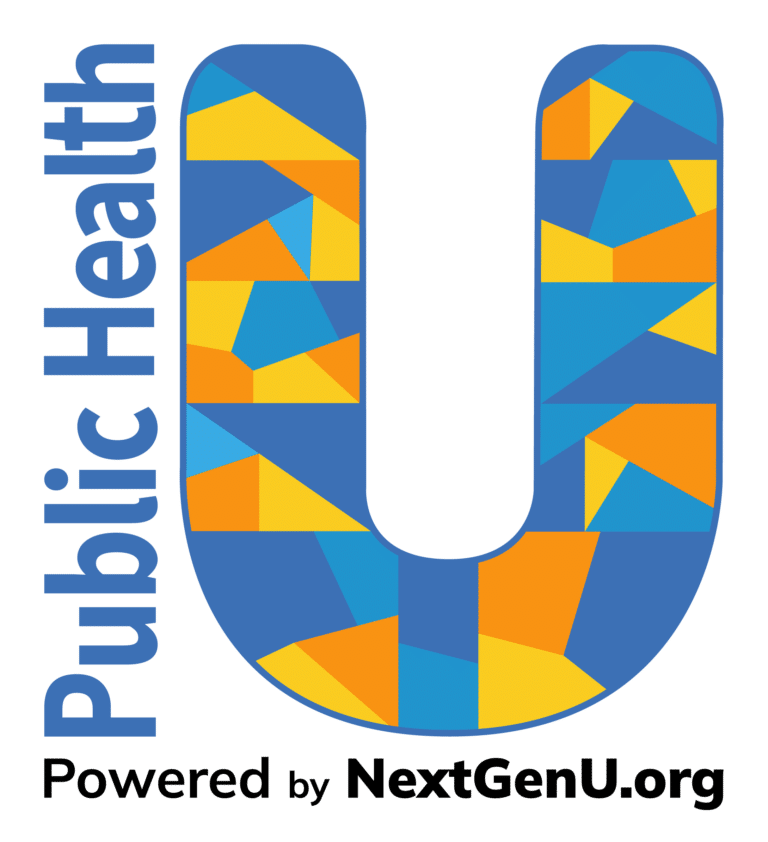Here are some general characteristics of courses in the Masters-level Program.
- Courses are based on competencies relevant to Public Health practice in low-to-middle-income country settings (competencies are skills plus knowledge)
- We have provided links to online resources, which help to provide the relevant skills and knowledge for each competency
- Discussion forums are an essential part of the course. Expert tutors facilitate them, allowing in-depth amplification of the resources, and the opportunity to share experiences between
- students, and to gain experience in quoting evidence
- Tutors are volunteer educators from several countries helping with the interpretation of the resources as facilitators of online discussions and markers of assignments
- Assessment is made by the submission of assignments designed to see if the competencies have been achieved. Based on the successful completion of the assignments, Public Health U will offer a Certificate, Diploma or Masters award in Public Health
Among the eight (8) modules you have to complete to gain the Diploma (and also for the Master’s program), you have to take Biostatistics and Introduction to Epidemiology, at least three (3) from the “Foundation Sciences of Public Health’ group, and at least three (3) from the ‘Public Health Problems’ group.
You can select whichever modules will be most beneficial for you and take these in any order, to a maximum of 2 modules per semester. However, we also strongly recommend studying Epidemiology, Biostatistics, and Evidence-Based Practice at the beginning of their program (if they have not studied these courses previously).
We recommend that students take 1-2 modules per semester, but students with grades over 80 may enroll in more modules. Students should enroll in no more than two courses for the first semester.

